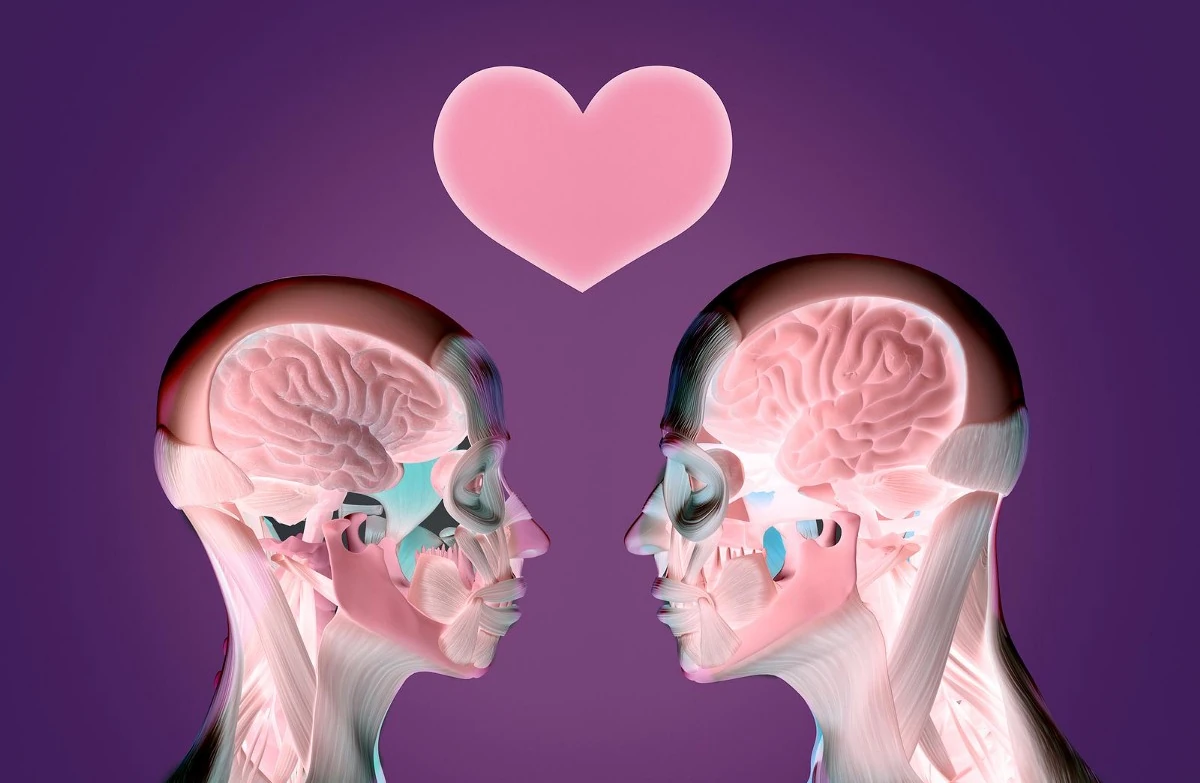Have you ever met someone so amazing you found yourself wishing you were attracted to them even though you weren’t? Or, here's one that's familiar to girls: what about that total jerk who gets your heart racing – even though you know he’s a heartbreaker trolling for his next ex-girlfriend?
Attraction is a funny thing…although funny probably isn’t the right word. Truth be told, it’s often more bewildering than anything. The mysteries of attraction, however, are being explored by unlikely love detectives: Scientists.
Increasingly, science is uncovering the hidden factors that may be influencing why you’re hugely attracted to one person and not their gorgeous friend (or vice versa). Consider these factors…
You light up my brain
In experiments using fMRI brain scans, photographs, and speed-dating, researchers in Ireland say they’ve gained new insights into love — or at least attraction — at first sight. Turns out that participants were pretty accurate at knowing who they would like to date based on photographs alone.
63% of the time, when they met that person for real during a speed-dating event, their interest level matched the interest they’d felt earlier when simply viewing a photo. What’s more interesting is what their brain was doing during the process. From the first moment participants viewed photos of people they would later meet and say “yes” to a specific region of the prefrontal cortex lit up with activity.
In other words, you know that notion about “instant chemistry”? Apparently it’s not just a matter of plot twists advancing a romantic comedy — there really are “attraction activators” firing in your brain.
Lovesick? Check your immune system
In another experiment, women smelled men’s T-shirts, ranking who they were most attracted to based on scent alone. The study showed there is a link between attraction and, of all things, our immune systems.
It turned out that women were drawn to the shirts of men whose immune function called major histocompatibility complex (MHC) was least like their own.
The theory for why women seek out mates with different immune systems from their own is because it increases the chance of survival for any potential children. The same genes that determine immune systems are apparently linked to other traits as well, because researchers have also found that couples with similar MHC have higher levels of infidelity, discord, and infertility.
Have we met before?
Studies show that people tend to be more attracted to dating partners who share the same socioeconomic background, level of intelligence, values and principles. Other studies reveal that similarity fuels more than attraction — it also is linked to happier, healthier marriages.
How far does our love of sameness extend?
Social scientists in Scotland claim we are most attracted to members of the opposite sex who look like us. Researchers discovered this by asking college students to pick the most attractive person of the opposite sex from a group of photos. Participants weren’t told that one of the photos was their own picture, morphed into the opposite sex. Students almost always were drawn to the face that was based on their own.
When it comes to choosing a dating partner or even a spouse, do you have a choice? Or are you at the mercy of invisible or uncontrollable factors like brain activity, scent, immune systems, and DNA?
You’ll be happy to know you’re not a puppet on a string. Even if your brain didn’t light up the first moment you saw a guy’s photo, or even if your immune systems are similar, these are just a few of the many factors that contribute to the mysteries of attraction.
Plus, when it’s all said and done, whatever attracts you to someone is just the beginning. It gets things started. What deepens and sustains the attraction, romance, and lasting love are other factors altogether—factors you can learn and apply.



